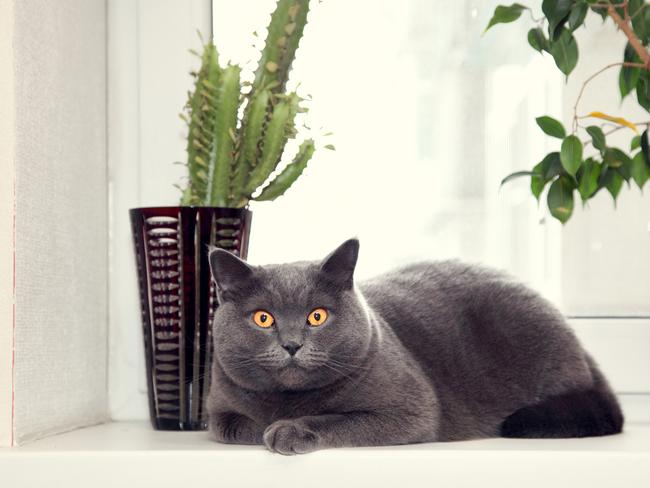Talking Point: We encourage cat confinement but won’t make it compulsory
Educating owners is the key to care care, says GUY BARNETT

Opinion
Don't miss out on the headlines from Opinion. Followed categories will be added to My News.
CATS are loved pets of many Tasmanians, however the problems of roaming, stray and feral cats need to be managed.
This government has delivered Tasmania’s first comprehensive Cat Management Plan addressing domestic, stray and feral cats. In November we tabled the Cat Management Amendment Bill 2019 and after some delays due to coronavirus, the Bill is intended for debate in parliament this spring session.
The Bill strengthens existing cat management provisions, encouraging responsible ownership and improved cat welfare while reducing impact on the community, agriculture and wildlife.
The amendments are the result of extensive consultation over many years with industry, local government, animal welfare groups, environmental and agriculture stakeholders through the Tasmanian Cat Management Reference Group and other processes. This gives us confidence these practical amendments strike the right balance.
It is intended that domestic and stray cats in urban and peri-urban environments will continue to be managed under the amended cat management legislation, while feral cats will now be managed through Tasmania’s landmark Biosecurity Act 2019.
Key amendments in the Bill include compulsory desexing and microchipping of domestic cats; amending the minimum age for desexing; limiting the number of cats allowed at a property without a permit to four animals; and improvements to better support landholders to control roaming, stray and feral cats.
These and other amendments would be implemented over a 12-month transition period and carefully monitored to review how they are received and delivered.
Considering the challenges of enforcement, we made the decision not to include compulsory confinement in the Bill. Cat management is a shared responsibility and the government strongly believes that compulsory confinement requires the support of the broader community, including owners and local government.
A focused education campaign is needed to increase awareness and understanding of responsible cat management principles and to highlight actions that owners can take.
The Bill delivers on recommendations in the Cat Management Plan 2017-2020 and the government has provided $1.44m over four years to employ three regional cat management co-ordinators. They are working closely with local government and the community.
We made the decision not to include compulsory confinement in the Bill. The Greens would penalise owners more than $3000 for putting their cat out, as well as burden owners with enclosure costs. In our plan there will be no enforced confinement under the legislative framework.
The government has funded a campaign on responsible cat ownership, produced awareness resources and established the TassieCat website which will provide information on cat ownership.
We continue to strongly encourage owners to keep their cats confined and safe at home to protect them from harm and to allow our native wildlife to flourish. Councils may make and enforce by-laws for a confinement requirement in their municipal areas, if they choose.
See https://dpipwe.tas.gov.au/invasive-species/cat-management-in-tasmania and https://www.tassiecat.com/
Guy Barnett is Primary Industries and Water Minister.


